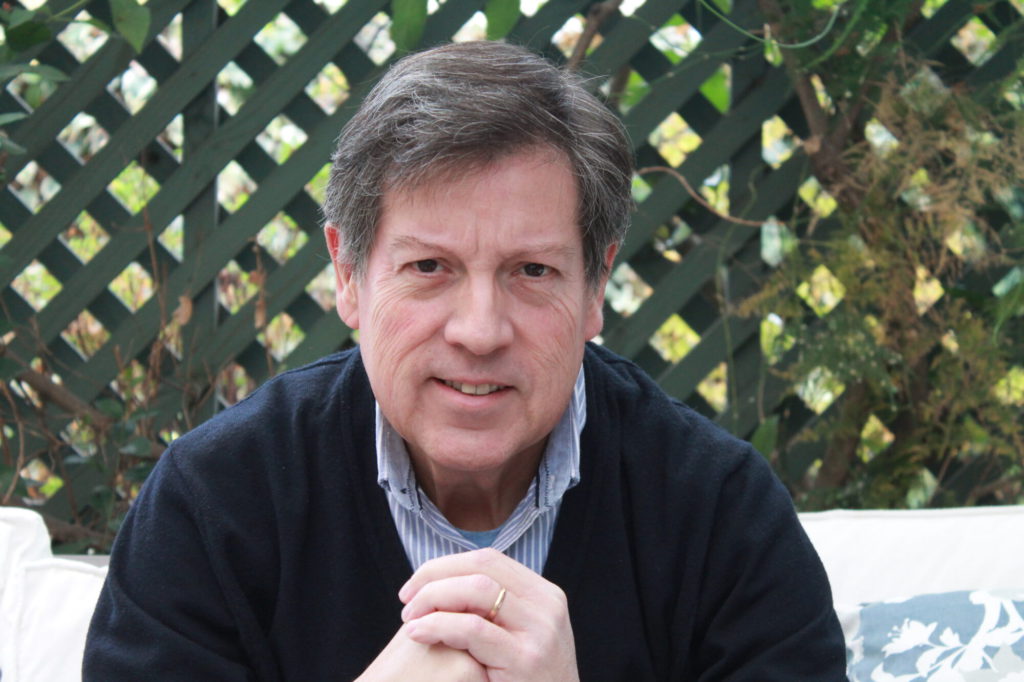
Chile’s government and mining industry continued to disagree over a proposed mining royalty bill on Wednesday despite recent adjustments.
The government had on Tuesday announced modifications to a proposed mining royalty bill, lowering a variable “ad valorem” rate to a flat 1% for large producers and tying another rate to operating margins, instead of the price of copper as was originally proposed.
RELATED ARTICLE: Chile amends mining royalty bill with flat 1% ad valorem rate
Jorge Riesco, president of Chile’s National Mining Society (Sonami) which represents small, medium and large companies including Anglo American, BHP and Glencore, said that while the adjustments benefited medium-sized miners, he believed the tax burden would still be too high.
“It is undeniable that this proposal still lacks if it wants to be at a level comparable to other countries for attracting investment in terms of total tax burden,” Riesco said in a local radio interview.
He added that dialogue between the government and companies was frank “but not totally fruitful” and that according to Sonami’s calculations, the tax burden on mining companies could be between 50% and 55%.
Chile’s finance ministry estimates the tax burden with copper prices of $3.74 per pound would reach 39.8%, marginally below Peru and Queensland, Australia.
Speaking to congress on Wednesday, Finance Minister Mario Marcel defended the bill and said state participation in copper income would go from 45% to about 55%-56% when copper prices surpass $4 a pound.
“We’re confident that this is a plan that better balances the aim of increased revenue with the objective of maintaining the mining sector’s development opportunities,” Marcel said.
Marcel added that the bill would allow Chile to remain competitive with Peru while greatly reducing the gap in collected revenue.
Sonami’s Riesco argued that the government should consider promoting more mining production instead of increasing taxes, arguing this would make a greater contribution to the treasury.
(By Fabián Andrés Cambero and Alexander Villegas; Editing by David Holmes and Bernadette Baum)
Comments